This is a tale of two London parties. They say something about London society, status, power, fame and fun — but I’m not sure what exactly.
Party one was what I call a Power Party. It was full of famous faces from the upper echelons of British politics and media. I spotted chancellor of the Exchequer Rachel Reeves talking to the former Tory chancellor George Osborne and the former foreign secretary David Miliband.
Party two was what I call a Pulchritude Party — a dazzling array of beautiful women and handsome men. There was a mix of young writers, journalists, lawyers, filmmakers and artists. It did not have the high social wattage of name recognition that the Power Party had — but it had beauty and youth on its side.
One is good for your career; the other is good for your soul.
Power Parties are never fun — unless you’re one of the powerful. And even then I doubt if they have what you would call fun — i.e. dancing, getting pissed, rapacious flirtation and secret snogging. But then Power Parties aren’t about having fun. They’re about being seen and networking. You go to a Power Party to stroll along the promenade of self-promotion.
I knew I was dead at that party as soon as I walked in. I immediately read the room and its message was loud and clear: beat it loser. So after about twenty minutes I did. The secret to working a room is to know when you’re in a room that can’t be worked.
And yet I’m glad I went. The pleasure of the Power Party comes not from being there, but from telling your friends you were. The more names I drop, the more envy they suffer. I always assure them that they didn’t really miss a thing, but no one believes me. People think the bigger the names, the better the party. Not true.
It’s a curious thing about Power Parties, but those given by the center-right tend to be more open and socially inclusive than those thrown by the champions of openness and inclusiveness, the center-left. My recent Power Party was made up of the Labour establishment and the room was a series of interlocking cliques that I was locked out of.
Compare that one with a Power Party like The Spectator’s annual London summer party, where you can walk up to anyone however famous — including the prime minister of the day — and introduce yourself. And they’re usually happy to chat. Just because you don’t have name recognition doesn’t mean you’re a nobody. I’m not sure if this is down to good manners or inebriation.
The Pulchritude Party was thrown by my friend Charlotte G — a great beauty and wit, considered to be the best partygiver in London. Unlike the Power Party, her room said: welcome! After a couple of drinks I got all sentimental and started thinking “Here is England at its best” — open, funny, charming, talented and cool. No excessive drugginess or cliquishness. Just people curious to meet and talk to other people. Everyone was really warm and friendly — even the historian and Churchill biographer Andrew Roberts. I imagined he’d be a stuffy old Tory, but he was adorable!
I have a theory that historians are becoming the new sex symbols of academia. I saw the historian Simon Schama at another party full of sexy smart Jews being chatted up by the most attractive woman in the room. At my friend’s party Andrew Roberts was surrounded by the most beautiful girls. His buddy Niall Ferguson is a history heartthrob. And even old tubby and balding Dominic Sandbrook — of The Rest Is History podcast — has become among my female friends an object of erotic lust. Weird, huh?
Rarely have I been in a room with so many beautiful women who were so much fun to talk to. (And there were plenty of young, handsome men and they were great too). A good party should make you feel that you are the most interesting and charming person in the room — even if it’s untrue.
Of course I’m far too old for these young beauties. I’ve given up those sorts of hopes years ago — at least that’s what I tell myself. But I confess that in every older man there lurks an insane hope that one of these young beauties will see beyond the great gap in our age, our decaying flesh and wobbly bits and will be charmed and amused into a romantic dalliance. I ask you: is one last fleeting kiss too much to hope for — yes, you sad pathetic deluded man!
Surveying the room of these young beauties I thought about how old age will affect them. We tend to think that beauty fades with age. Well, not quite. At another party I saw the distinguished historian Lady Antonia Fraser (who was once married to Harold Pinter). She was a famous society beauty; imagine a cross between the young Marianne Faithfull and young Helen Mirren — but really posh. She’s ninety-two and in a wheelchair, and yet her beauty was still visible like the light from a dead star. I went up to her and said, “Well, hello sexy!” She smiled but I could see she was thinking: good heavens! Who is this crazy fucker?
This article was originally published in The Spectator’s February 2025 World edition.



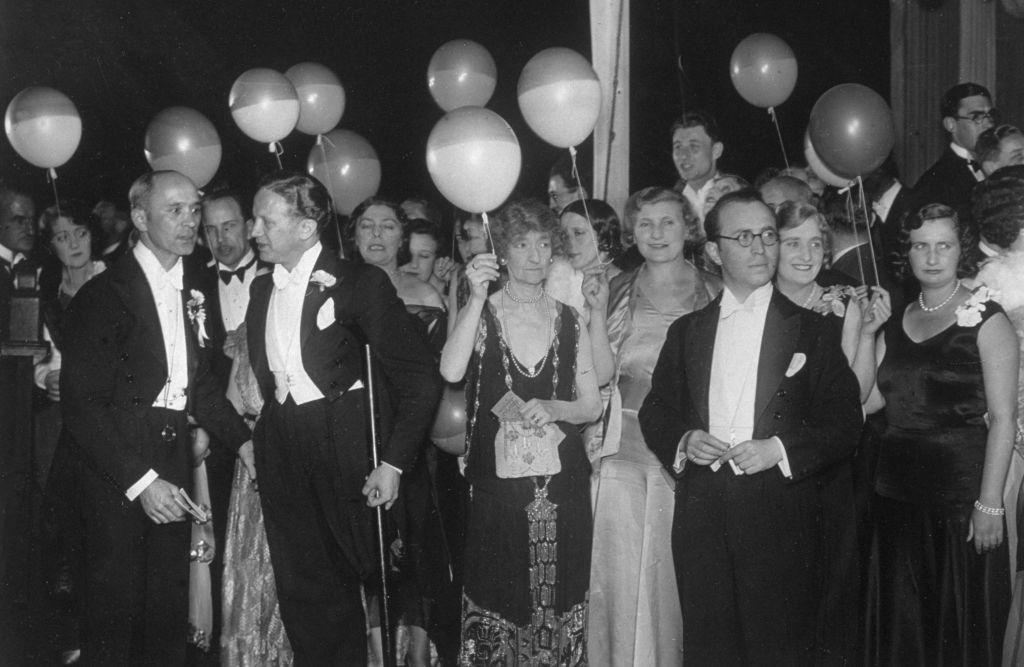







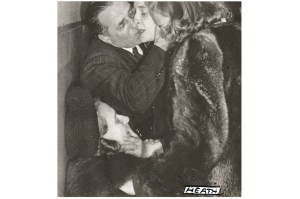
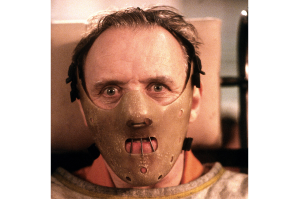
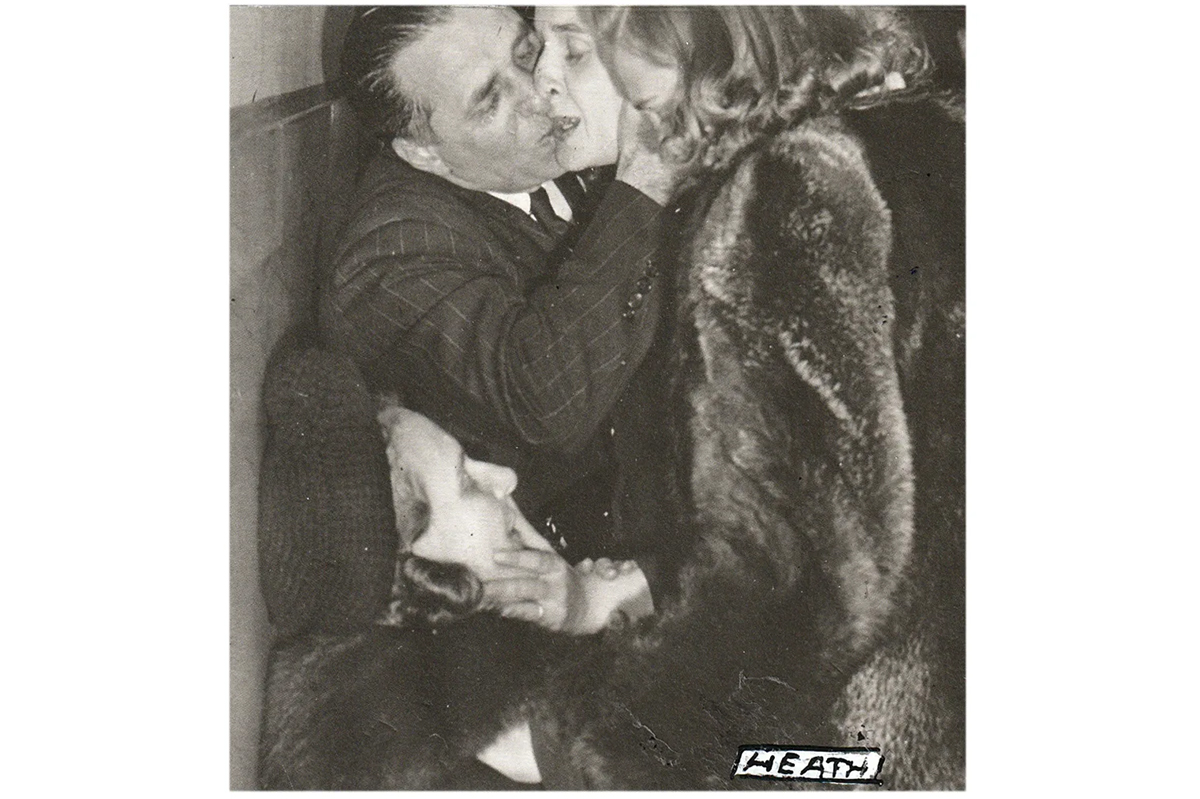
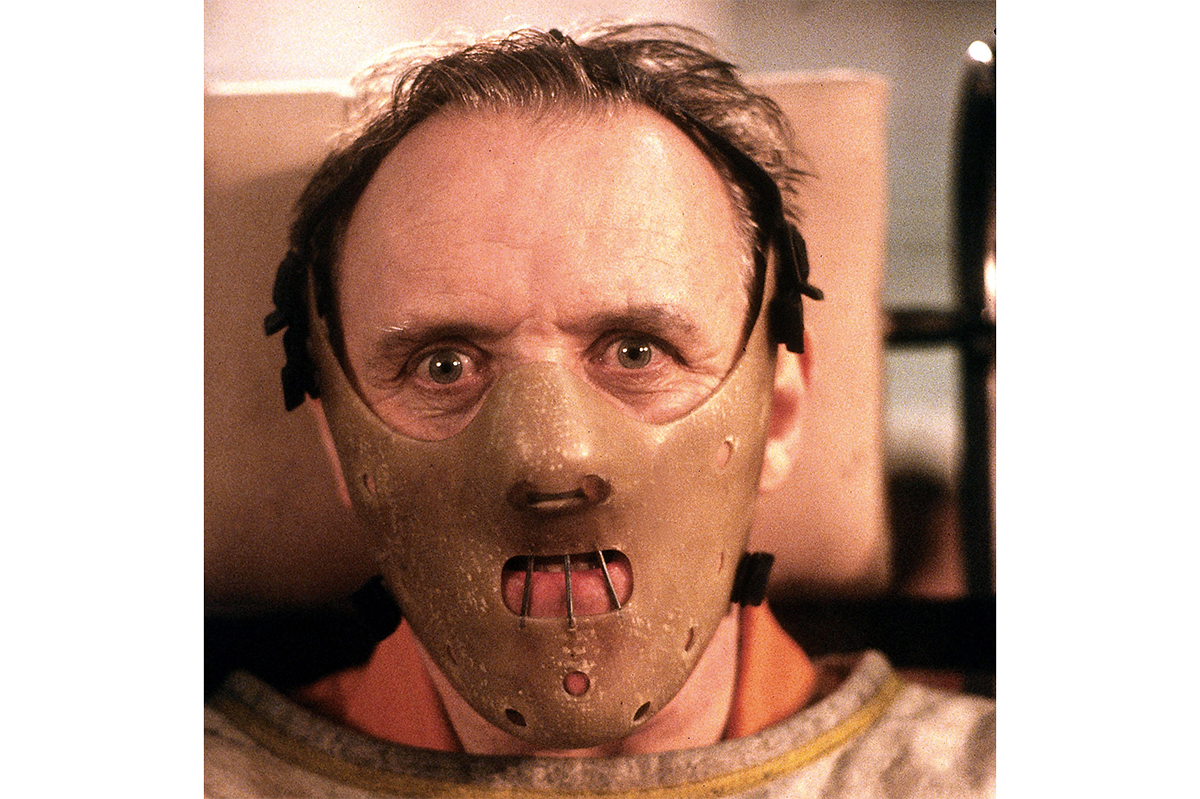

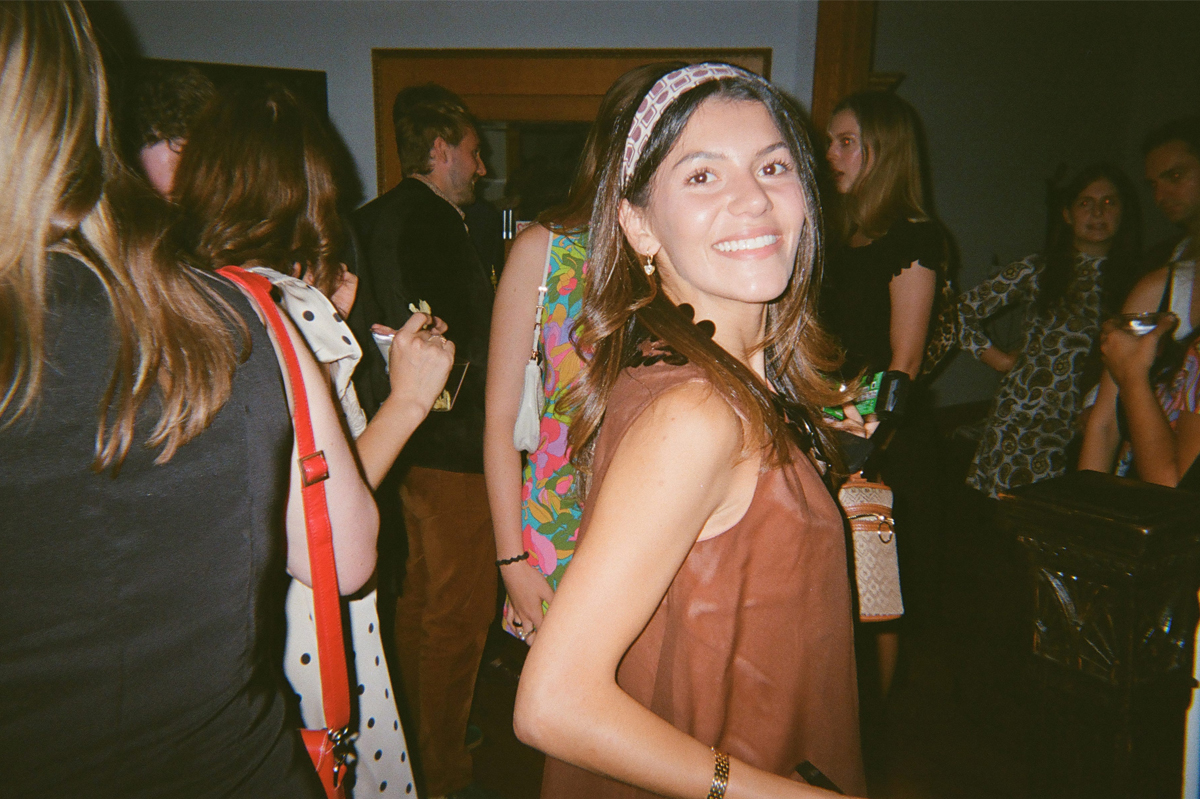

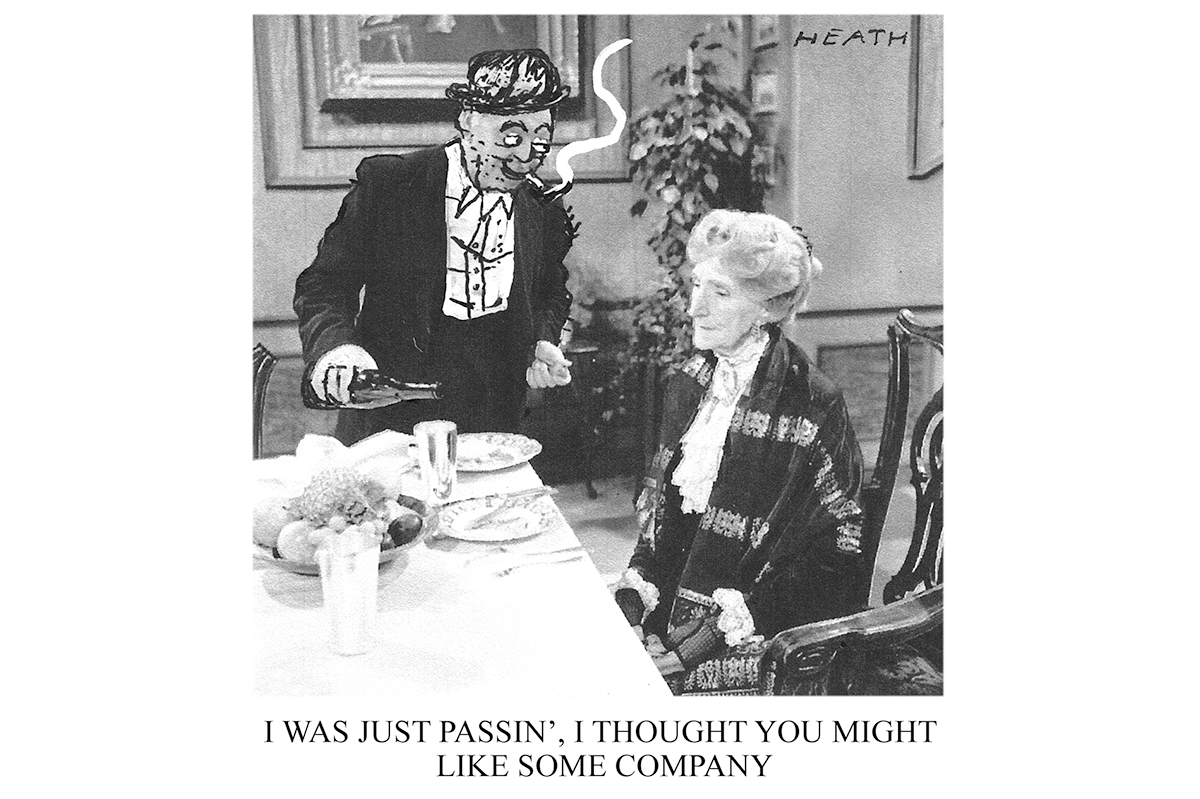







Leave a Reply